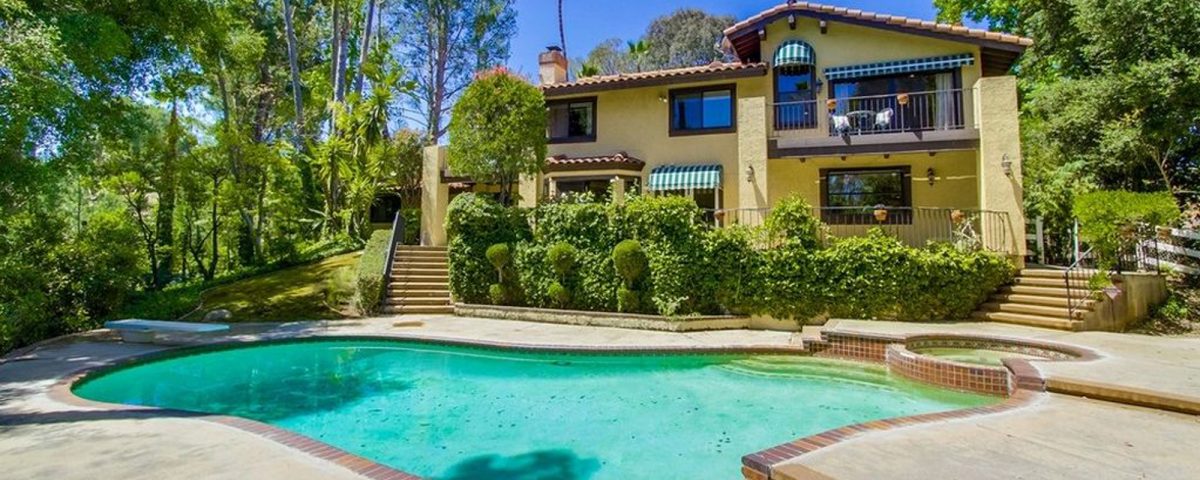5 Things To Look For In Poway Property Management

What deters most people from renting out their properties for extra income instead of selling them outright is the work involved in handling renters on a day to day basis. Most people don’t want to make being a landlord their full time job, but when we tell them that they don’t have to take such a hands on approach to renting out their properties they don’t tend to know much about the alternatives. Most people in this situation hire a property manager to take care of the maintenance and day to day tasks involved with being a landlord, and we’ve outlined a couple of things to look for when choosing a property manager of your own for your poway property below.
Property Manager Vs. Rental Agent
The first thing we want to clarify is that a property manager and a rental agent are two different positions. One position, a rental agent, involves finding and keeping tenants in a property and little else. These positions are generally more focused toward the renter, as a rental agent will have little more to do with a property beyond simply keeping it occupied.
A property manager, on the other hand, handles the day to day tasks involved with keeping the renter happy’—as well as the landlord. Property managers do things like handle collecting rent checks, organizing and completing any maintenance requests (or finding the right person to do the job), working directly with the tenant, and working with the landlord to communicate any needs the property may have. In many cases, the property manager will take over all of the work involved with operating a rental property on your behalf.
Fees & Contract
Not all property managers are created equally. Before you hire a property manager make sure that you understand all of his or her fees and the extent of their contract. Find out to what extent they’ll be working on maintenance issues, or how often they’ll have to hire someone out to complete a project should something come up. If your building is old, for example, you may want to make sure your property manager knows how to work with tenants in older buildings and coordinate any maintenance that specializes in fixing problems in these buildings.
Ask For Monthly Statements & Records
Most good property managers will be able to deliver monthly statements and records so that you can keep up with your expenses, but this is something you should communicate beforehand to make sure your property manager is aware of your needs. If possible, communicate within the contract of any statements and records you’ll be needing on a regular basis.
Technical Skills
Like we said before, some property managers specialize in older buildings and can handle the maintenance that comes with managing that type of building. Others might be more fine-tuned with newer buildings, and have little experience in handling issues with plumbing or older electrical systems. Find out what sorts of technical skills your property manager has during the hiring process to avoid any surprises later on—though odds are high that the property manager would disclose that sort of information anyway.
Know Your Tenants
In the same way that not every property manager is the same, tenants also vary. Talk with your property manager to see which type of tenant they’re most experienced in working with to figure out if it would be a right fit for what your needs are. Some property managers specialize in working with low income families, others are most experienced in working with shorter term rentals and business housing. Getting all of this information up front can help you and your property manager run a more seamless business for years to come.





